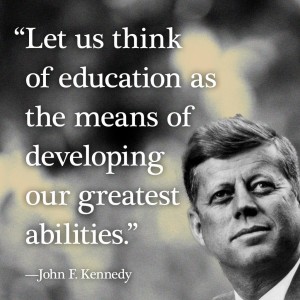“What I think draws us together is our abhorrence of undemocratic, exclusionary decision-making by a powerful few when the voices of those most affected by the decisions are ignored.”
And so we organized to “create a grassroots organizational framework that can endure to effect educational reform efforts for years to come.” We wished and believed because we felt; “We know what works for students: empowered, professional teachers, in well-resourced schools, supported and shaped by parents and community.”
We all acknowledged, “local control is the most important element for successful education reform (or many parts of it, anyway). “
But for this group, that came together to organize the July 30, 2011, conference and march in the effort to Save Our Schools, we understood the issues that united us: “democracy, voice, inclusion and fairness.” We knew these things would not be easy to win back. We knew that there would be pressures to divide us and take us off course.
And it was acknowledged that “We have to consciously resist the emergence of dominant voices and the marginalization of others. We have to exude a comradely spirit of support for the contributions each and every one of us makes to the larger group. We need to demonstrate the utmost respect for each member’s efforts, and trust that we are each doing all that our complex lives permit. “
Determined to focus public and media attention on the importance of public education, the teaching profession, and family and community involvement —we moved forward.
We marched forward unwavering from the idea that we could “provide people with the information and tools necessary to become more effective advocates within their own communities as they carried the movement into the future.”
Holding steadfast to ideals while facing the truth that “the voices of vested business interests are being heard above those of the public” and knowing that we must “discredit claims that current reform policies are universally embraced,” we marched on.
We came together to organize because we knew that “while each of us can achieve results alone, we can achieve much more when united. “
Our history, the early history of the national Save Our Schools effort, was written —and the next chapter began.






